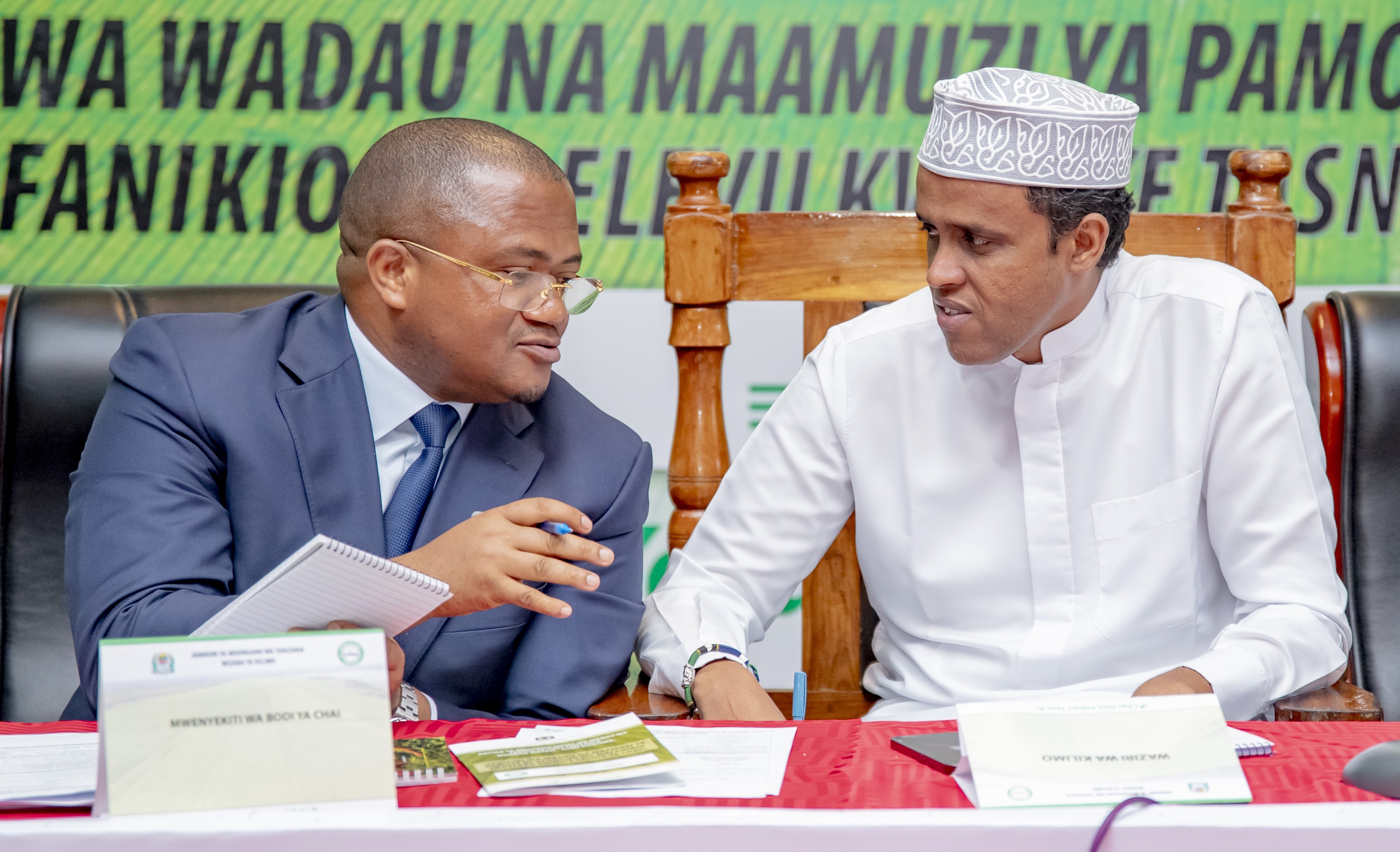Prime
Tira research project to ascertain insurable government properties

The Commissioner for Insurance, Dr Baghayo Saqware. PHOTO | COURTESY
What you need to know:
- Should the research be completed and adopted, the victim of an accident involving a government vehicle will have to seek compensation from the Treasury.
Dar es Salaam. The Tanzania Insurance Regulatory Authority (Tira) is researching to ascertain the number and type of insurable government properties, including vehicles.
Should the research be completed and adopted, it is expected to fuel the growth of the insurance sector and also save public funds that are currently spent on compensating victims of various accidents involving government properties, such as vehicles.
As things stand, the victim of an accident involving a government vehicle will have to seek compensation from the Treasury. The challenge, however, has been the lack of regulations to guide the amount to be compensated to an individual.
With trillions of shillings in properties such as vehicles, the government finds it expensive to insure such properties, but research by Tira could provide some insights on the properties to be insured and the size of the insurance policy to be adopted.
“Tira must advise the government on various issues relating to insurance, so we are researching some of the government’s properties that can be insured, and soon we will complete and submit our proposal,” said the Commissioner for Insurance, Dr Baghayo Saqware.
Dr Saqware was speaking in Dar es Salaam during a seminar with editors and journalists.
Organised by the Treasury Registrar, Mr Nehamia Mchechu, the seminars with heads of public institutions seek to acquaint journalists with the operations of the various organisations under his office to understand their achievements, challenges, and plans.
According to Dr Saqware, in Zanzibar, all government vehicles are now being insured by insurance companies.
The topic of government vehicles being insured resurfaced during a meeting of insurance stakeholders that Tira organised in Arusha, where some players urged that while in the private sector, someone involved in an accident gets compensated within 45 days, the same [compensation] would take years to be effected by a government body.
“We have received many complaints from our customers demanding compensation after they get involved in accidents involving government vehicles, but we fail to help. That is why we are asking the government to see how to work on it for the benefit of both sides,” said the branch manager for Meticulous General Insurance in Arusha, Mr Iddi Mbogo.
An insurance expert, Mr Charles Chanya, said if the government works on that research, it will help to raise liquidity in the insurance sector, considering that the government has a lot of assets, especially vehicles.
It will also reduce the inconvenience to the citizens when government vehicles cause accidents, as they will only have to go and seek compensation from insurance companies.
Performance
Speaking about the performance of the insurance sector yesterday, Dr Saqware said Tanzania is now the second country in East Africa in terms of the growth of the sector, while Uganda is the fastest one in the region.
The insurance sector currently contributes 1.68 percent to Tanzania’s Gross Domestic Product (GDP), but the plan, he said, is to raise it to three percent by 2030.
This, he said, could be aided by several initiatives, including the establishment of two consortia in the agricultural and energy sectors as well as the planned universal health insurance scheme.
The initiatives will raise premiums and stimulate economic growth.
Currently, the sector employs over 4,000 Tanzanians.
The population of Tanzanians using insurance products currently stands at 18 percent. “This is positive, and our goal is that by 2030, 50 percent of Tanzanian adults should be using at least one insurance product.”
Again, the insurance sector has grown by an average of 12.8 percent per year, whereas, over the past five years, gross insurance sales have increased to Sh1.2 trillion last year from Sh691.9 billion which was recorded in 2018.




